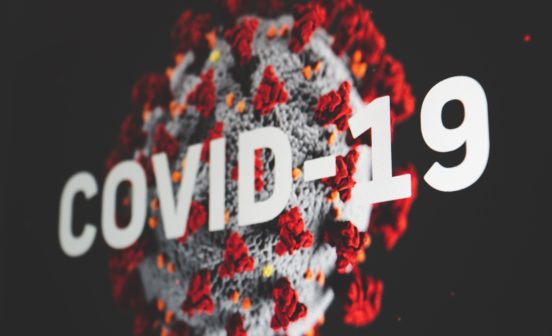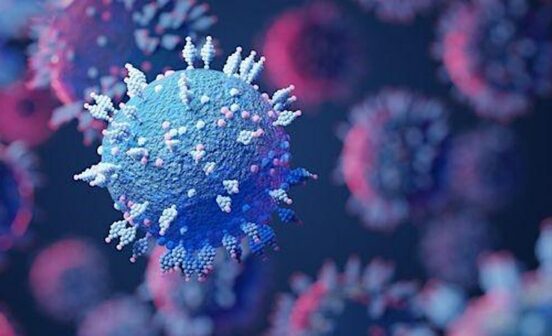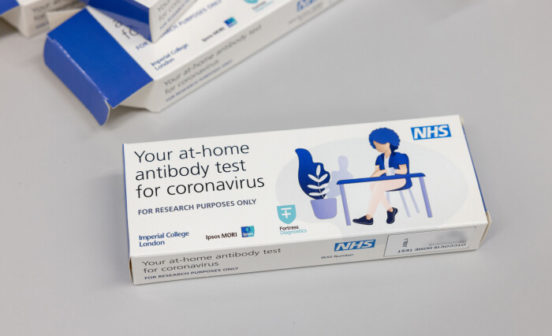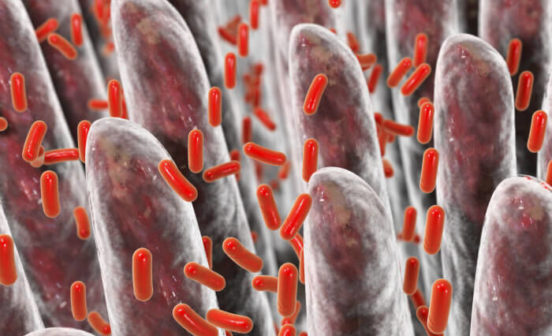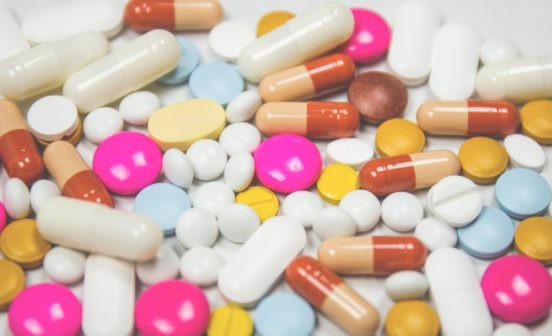PartnershipTherapeutic Steroid improves survival of critically-ill COVID-19 patients
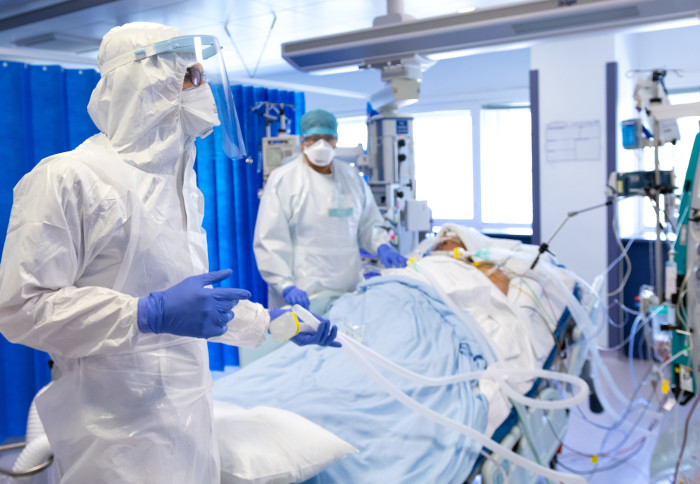
Treating critically ill patients with COVID-19 with the steroid hydrocortisone improves their chances of recovery, according to a new study.
The study, led in the UK by NIHR Professor Anthony Gordon from Imperial College London with collaborators from the Intensive Care National Audit & Research Centre, found that patients receiving intensive care who were treated with a regular fixed dose of the steroid hydrocortisone for seven days had a better chance of recovery, compared with the patients who were not treated with the steroid. Patients in the UK were treated at 88 hospitals including Imperial College Healthcare NHS Trust Hospitals.
New COVID-19 treatment guidelines
This research is one of three studies, published today in The Journal of the American Medical Association (JAMA), that suggests steroids improve survival of the sickest COVID-19 patients. As a result, the World Health Organisation will be issuing new guidelines to include the use of steroids to treat critically ill COVID-19 patients.
Professor Gordon, Chair in Anaesthesia and Critical Care at Imperial and a Consultant in Intensive Care Medicine at Imperial College Healthcare NHS Trust, said: “At the beginning of the year at times it felt almost hopeless, knowing that we had no specific treatments. It was a very worrying time. Yet less than six months later, we’ve found clear, reliable evidence in high quality clinical trials of how we can tackle this devastating disease.”
The work was funded by the National Institute for Health Research and supported by the NIHR Imperial Biomedical Research Centre.
Professor Gordon added: “The studies published today show that we now have more than one choice of treatment for those who need it most. Steroids are not a cure, but they help improve outcomes. Having a choice of different types of steroids, all of which seem to improve patient recovery, is great as it helps ease the problem of drug supply issues.”
Steroid treatment
Steroids are anti-inflammatory drugs, and evidence strongly suggests that they reduce the lung inflammation in patients with COVID-19 who are seriously ill and require oxygen support for their breathing difficulties.
In the hydrocortisone study, 403 patients with suspected or confirmed COVID-19 who required respiratory or cardiovascular organ support (such as mechanical ventilation or drugs to support their blood pressure) were enrolled between March and June 2020. The cohort included patients of mixed ethnicities in the UK, Ireland, Australia, the US, the Netherlands, New Zealand, Canada and France and patients were randomly assigned to different treatment regimes. One group were treated with a fixed dose of 50mg hydrocortisone four times a day for seven days, another group were treated with hydrocortisone only if their blood pressure dropped, and a third group received no hydrocortisone.
Improved outcomes
The trial showed that using the fixed dose of hydrocortisone led to a 93% chance of a better outcome (greater chance of survival and less need for organ support) than not using hydrocortisone. If the hydrocortisone was given only when the blood pressure was low, the chance of a better outcome was 80%.
A different study, called the RECOVERY trial, was also investigating whether another type of steroid, called dexamethasone, helped improve recovery of patients with COVID-19. The first results from the study, published in early June, suggested dexamethasone boosted recovery.
Because the dexamethasone study showed positive results, the hydrocortisone steroid study stopped recruiting patients on 17 June. These new results add to the previous study and provide additional support that steroids improve recovery in severe COVID-19.
International collaboration
The findings are published in JAMA alongside two further clinical trials which have also evidenced the benefits of steroids as a treatment for the severely ill COVID-19 patients. This journal edition also includes an overall analysis of the three independent studies, plus data from the original RECOVERY trial and three other smaller trials. It concludes that a range of steroids – all safe, cheap and readily available – can improve the outcomes of patients receiving intensive care.
Professor Gordon, researcher within our COVID-19 virtual BRC Theme, added: “This been an incredible international effort. We were all aware of the other studies and were happy to share our raw data before it was published. Only by collaborating were we going to make real advances and make them fast.”
Read the full story by Maxine Myers, including statements from NHS Chief Executive and Deputy Chief Medical Officer, here.
© Imperial College London. Photo: Ben Prunchie, Imperial College Healthcare NHS Trust

